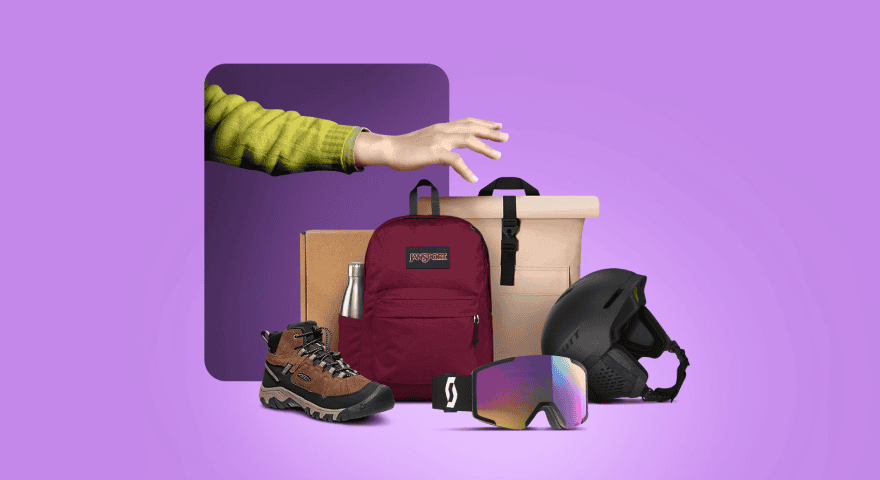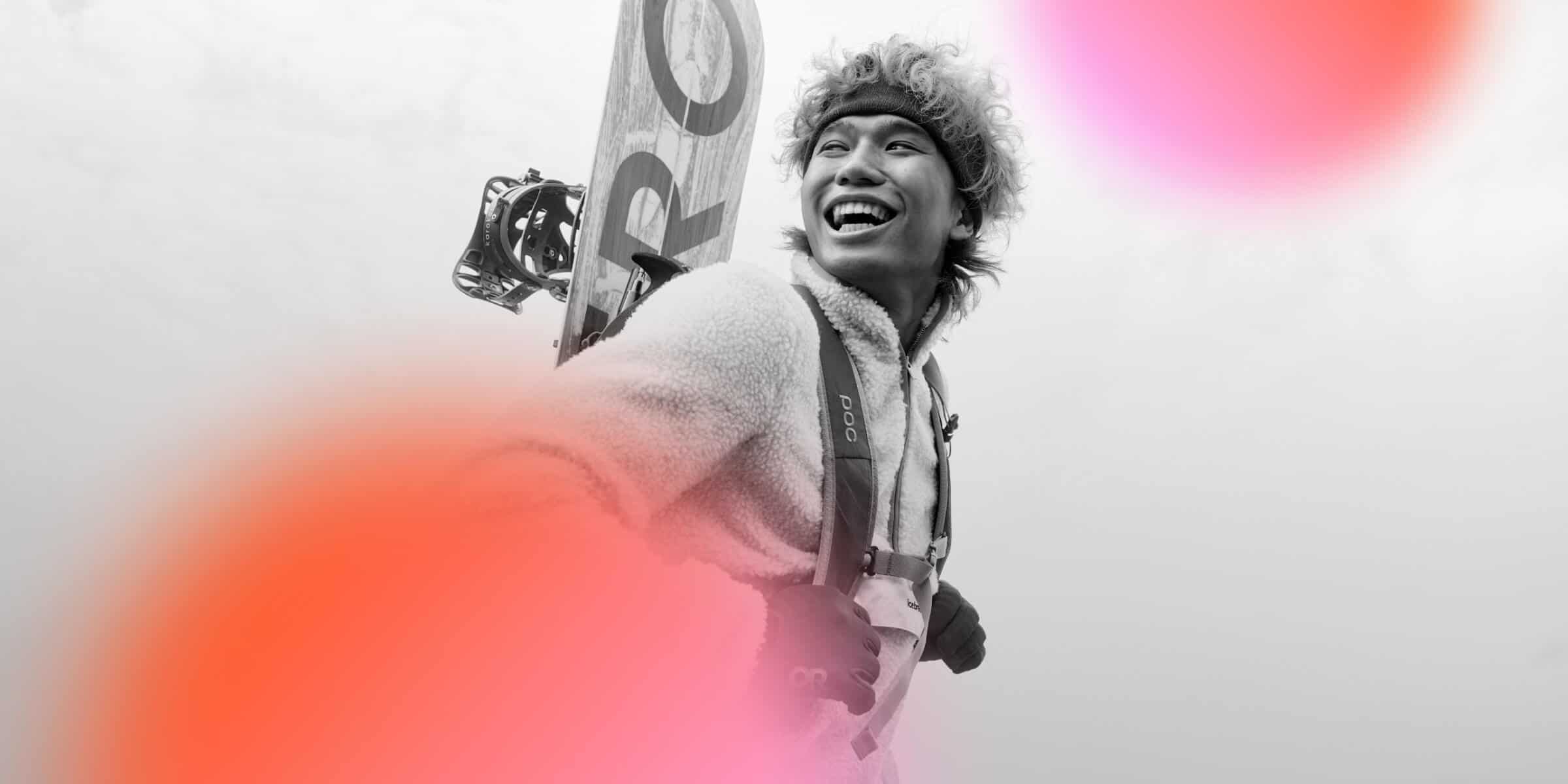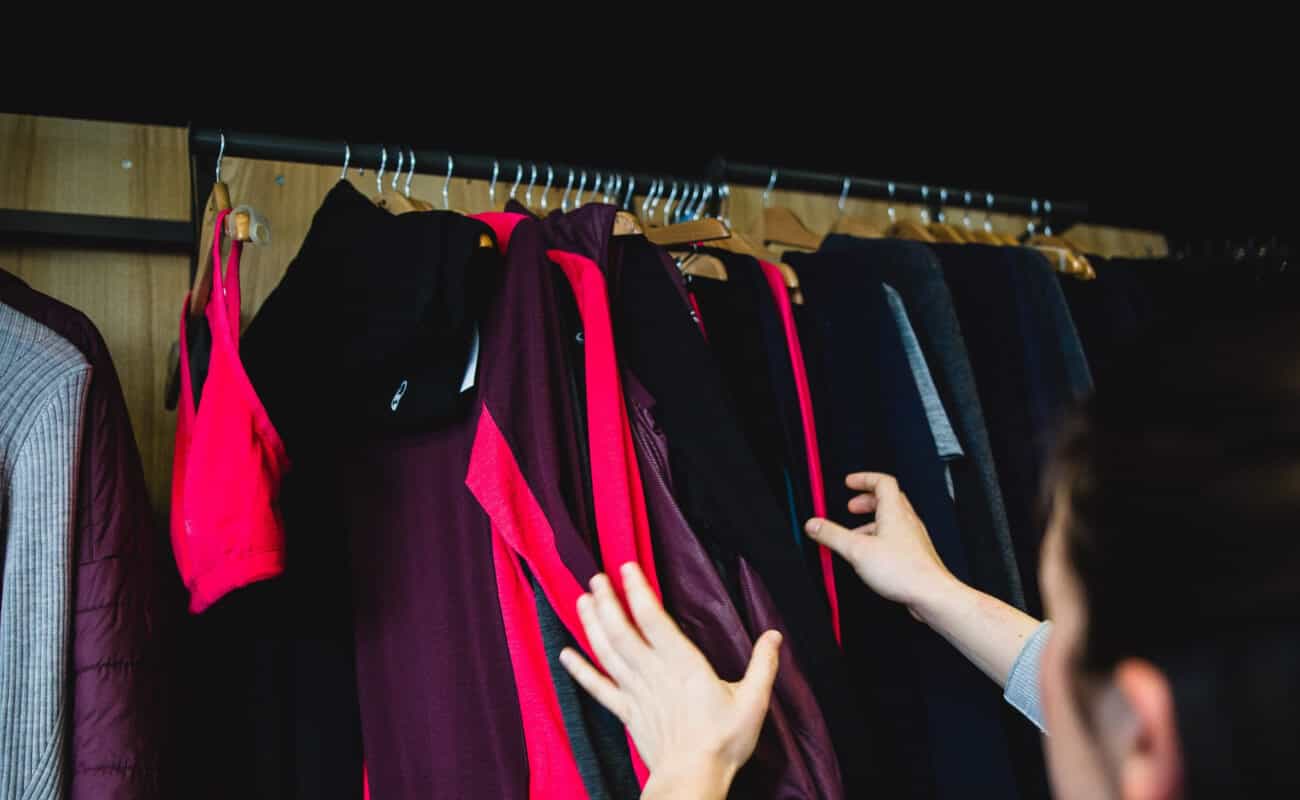Altitude Sports is now certified B Corp. What made you decide to follow this route and go through the whole process?
It’s very simple: We wanted to formalize and enhance our environmental initiatives and achievements. It was important to measure our impact before starting new initiatives and focus on our environmental footprint, on the community, and our employees. The B Impact Assessment answered all of our needs. I think going with B Corp was a natural choice. One of our investors, the Business Development Bank of Canada, is B Corp certified and highly recommended it. Of all the certifications we considered, B Corp provided the most comprehensive and detailed framework. With it, I was able to develop a roadmap that positioned us for certification within two years.
Do you absolutely need to have experience in sustainable business practices to start the process?
If you don’t have experience, you definitely need a strong interest and a desire to learn fast. There’s a few courses you can take to help you understand the process of becoming a B Corp. I followed a class with Decade Impact, diving into every area of the B Impact Assessment, which helps understand all the requirements. Afterward, you need solid project management skills to be able to progress with the right information and a realistic timeline. Most importantly, you’ll need the full support of your board and executives to prioritize this project across the company for the years to come.
At Altitude Sports, we’re fortunate to have dedicated team members in every department, which is vital since we likely won’t have a dedicated sustainability team. Instead, we believe sustainability should be part of everyone’s responsibility. It’s essential for every department to be involved and work together towards the same goal: certification and enhancing our responsibility sustainability initiatives. Even at the beginning of this journey, you gain valuable insights into where you stand and whether your previous environmental efforts have truly paid off.
So where did you stand at the beginning of the assessment? What were the first real steps you took?
Our initial assessment with B Lab landed us at a score of 55 out of the 80 minimum needed for B Corp certification. From there, we were able to develop the roadmap. We listed all the initiatives we had to do, added the details, and assigned an owner. A lot of our first steps were about evaluating our environmental impact (water footprint, GHG, waste, etc.), gathering all the information from our suppliers and also listing everything we were already doing in official documents.
Tell us more about the process. What were the challenges or roadblocks you faced during the gathering phase of certification, when working with outside partners, and collecting internal data?
The biggest challenges were budget, time, and getting all the information we needed from our suppliers. First, the financial aspect. We needed to conduct extensive assessments, including our GHG footprint for Scope 1, 2 and 3, water assessment, waste management, and develop our environmental policy, to name a few. These assessments were critical and non-negotiable, but we didn’t have the expertise in-house to carry them out. As a result, we partnered with specialized firms to handle these tasks, which naturally incurred substantial costs. Fortunately, we received funding from Fonds Écoleaders, which helped offset some of these expenses.
Time management was another major challenge. While we outsourced certain assessments, we handled everything else internally, including project management, data gathering, and implementing new practices. Each department had key leaders who were instrumental in supporting this transition. However, balancing this large-scale project with our ongoing priorities was difficult.
As a retailer, we often don’t have direct control over all the necessary information, especially when it comes to data from our suppliers. We sent out surveys to gather the required data from suppliers, but this process wasn’t without its challenges. Some were unsure who, within their organization, should respond to the survey, while others faced delays because it was their first time handling such requests. This lack of familiarity and internal coordination made it difficult and time-consuming to obtain the information we needed. Overall, we were able to navigate these roadblocks through strategic partnerships and strong internal collaboration.
How long did it take from start to finish, when you finally received word that Altitude Sports was officially certified?
Two years. Our ESG roadmap was approved by the board in 2022 and we’re officially certified as of July 10, 2024.
What part of this journey are you particularly proud of?
Publishing our first Impact Report at the end of the 2023 year was a big step and very much part of the process. B Corp requires gathering a bunch of important information, and the Impact Report allowed us to present this data into a digestible format for public readers. It also contains some of our objectives, which hold us accountable to achieve them since it’s published. Plus, it forces us to have an open dialogue internally—and externally—about our commitments.
Any other advice for a company who wants to become B Corp certified?
An advice I’ve received that really resonated was, “start before you’re ready.” You won’t have all the answers at first, but as you progress, the path will be clearer and clearer. Don’t be afraid to ask your suppliers and partners questions; B Corp has a lot of resources, and they have a vibrant network of enthusiastic companies. Start a framework, and eventually it’ll grow. And I promise it gets easier along the way.
Don’t seek out B Corp just for the certification. It must be a core part of your company’s values and something that resonates with every stakeholder. You’ll need to have a board of directors and investors that support you in this process. Make sure to include this process in your annual budget, since you’ll need external support. You should create a team that will be responsible for shepherding the project with a dedicated leader that can support a company-wide project. Also, make sure to have an executive sponsor who can provide support along the way—special thanks to Alexandre Guimond, co-CEO, for fulfilling that role in our process.
Altitude Sports has attained the B Corp certification and has to hold onto it. How are you looking to progress, not just for the sake of ranking higher in our triennial assessment, but in other ways?
That’s a good way to formulate the question, because we have to continue to progress. B Corp is not just something you achieve and then you forget about it. We have committed to clear objectives on different levels of the business and we plan on doing everything in our power to achieve them. Specifically for B Corp, we will have a recertification in July 2027, for example.
Among other objectives, we’re also aiming for 20% of deliveries to be made with 100% electric vehicles, and 35% of deliveries to include a last-mile delivery with an electric vehicle. We seek to donate a minimum of $150,000 to our three non-profits through our biannual Alti Action program, that we’ve been organizing since 2017. This year, we’re introducing a new Volunteer program for our employees, which highlights our commitment to making a positive impact on our community and the environment. So for us, the important thing will be to strive in that direction and never forget that we can always, always improve.

We are happy to help any business that wants to start this process. If you need more information, reach us at social_responsability@altitude-sports.com.
This interview was condensed and edited for clarity.








